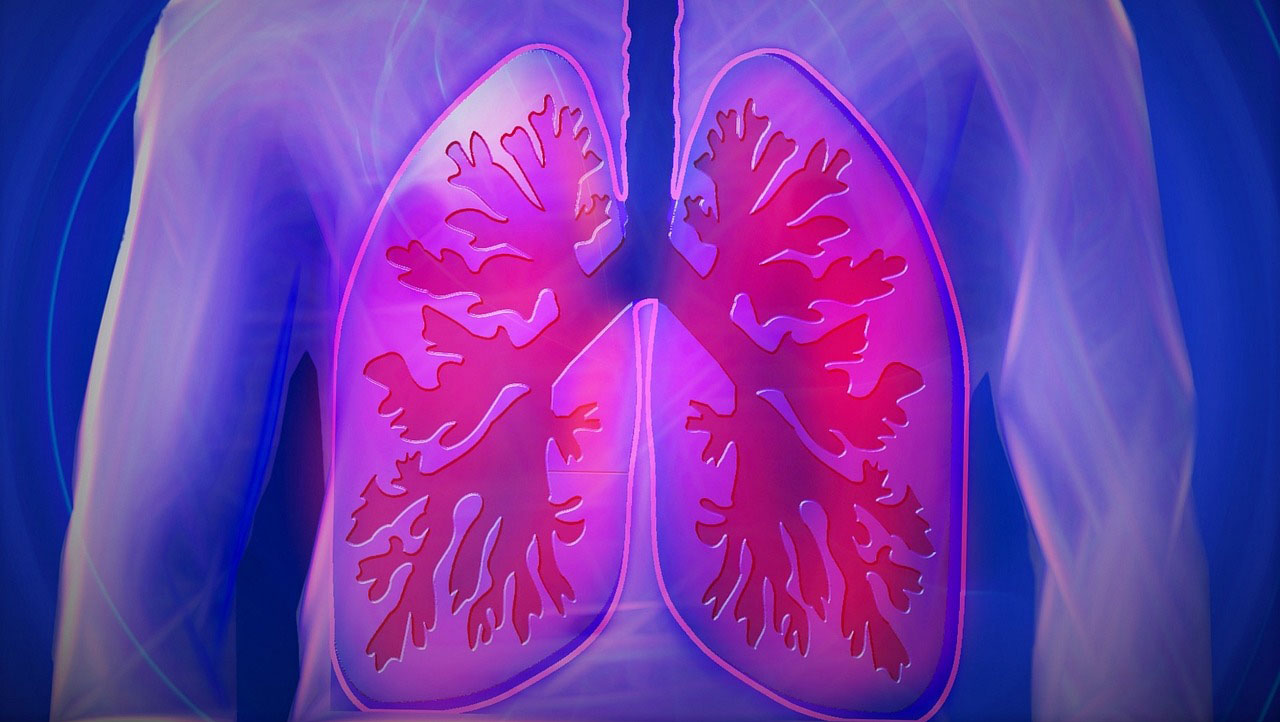In our recent article on reimbursement for using artificial intelligence (AI) in radiology, Sandy Coffta mentioned the possibility of new codes proposed by the American College of Radiology (ACR) and other imaging societies. One of those new codes was approved and released on July 1, 2021, for use beginning January 1, 2022. HCPCS[1] Level II code 0691T (CPT[2] Category III) will apply to the use of AI for automated analysis of existing CT studies for vertebral fracture(s), including assessment of bone density when performed, data preparation, interpretation, and reporting.
HCPCS Code for Billing Artificial Intelligence is Announced on August 4, 2021
Categories: radiology reimbursement, radiology coding, radiology, artificial intelligence
Medicare’s Proposed Rule For 2022 Has Few Changes for Radiology, but Likely a Cut in Reimbursement on July 27, 2021
The Centers for Medicare and Medicaid Services (CMS) has released its proposed changes to the Medicare Physician Fee Schedule (MPFS) for 2022. The Proposed Rule is usually modified somewhat before it becomes the final rule for each year, but it gives an idea of the direction Medicare reimbursement is headed. The Medicare Proposed Rule contains payment policy decisions as well as changes to the Quality Payment Program (QPP).
Low-Dose CT (LDCT) Lung Cancer Screening Guidelines Are Changing on July 21, 2021
Based on revised recommendations from the US Preventive Services Task Force (USPSTF), the Centers for Medicare and Medicaid Services (CMS) is considering an adjustment to its reimbursement policy for LDCT Lung Cancer Screening. CMS expects to complete its decision-making process before February 2022. In the meantime, many commercial payers have already expanded coverage by adopting the new recommendations.
Categories: radiology reimbursement, cms, radiology, lung cancer screening
HHS Provider Relief Fund (PRF) Reporting Rules are Released on June 30, 2021
The long-awaited guidance from the Department of Health and Human Services (HHS) was just released, indicating that the PRF Reporting Portal will be available on July 1, 2021. The latest "Post-Payment Notice of Reporting Requirements" is dated June 11, 2021, which supersedes the January 15, 2021 document, and the HHS website has also been updated with the new rules.
Categories: CARES Act, COVID-19, Relief Options, HHS PRF, Provider Relief Fund, Coronavirus Aid, Relief, and Economic Security Act
An Important Deadline for Radiology Practices to Comply with the Medicare AUC/CDS Mandate on June 16, 2021
On January 1, 2022, radiology practices and hospitals that perform certain imaging services for Medicare patients will be denied payment for those services unless they submit documentation that the ordering physician has consulted a Clinical Decision Support (CDS) system. This regulation was included a few years ago in Medicare rulemaking, but its effective date has been delayed several times. As of now, there is no reason to believe it will be postponed further, so practices that have not yet taken steps to install and implement a system have a narrow window of opportunity to get ready.
Categories: medicare, medicare reimbursement, nuclear medicine, CT imaging, MRI, CDS, radiology, AUC, referring physicians, PET, 2022 payment impact
Is Independent Radiology Practice in Jeopardy in 2021? on June 2, 2021
In 2019 we were writing about The Case for Maintaining an Independent Radiology Practice in the Face of Industry Consolidation. Since then, the world has changed dramatically due to the global COVID-19 pandemic. Practice revenue streams were disrupted, while the expenses of operating the practice were ongoing. Radiologists in private practice had to cope with the stress of holding the practice together through the uncertainty. Did the public health emergency alter their thinking about remaining independent, or did it push more of them toward selling the practice to a larger entity?
Categories: radiology, consolidation, practice independence
How Benchmarking Can Help Radiology Practices Evaluate Their Quality and Financial Performance on May 6, 2021
Benchmarking is a current term used to describe a process that has always been applied but perhaps not in the same way as it is today. That process involves comparing business statistics to historical data or to the same type of data gathered across a wider spectrum. In our May 2019 article How Benchmarking Can Help Radiology Practices Evaluate Their Productivity, we discussed the use of RVUs (Relative Value Units) as a measure of radiologist productivity. This is only one statistic, or metric, that can be used to evaluate a practice’s performance.
Categories: radiology, quality measures, benchmarking
Radiology Groups Can Prepare Now to Implement the No Surprises Act on April 28, 2021
The No Surprises Act* will become effective January 1, 2022. This is the first federal regulation that is aimed at protecting patients from receiving unexpected bills from healthcare providers who are outside of their insurer’s network. Review our recent article for an overview of its provisions.
Categories: radiology reimbursement, radiology, surprise billing
Reimbursement for Artificial Intelligence in Radiology is More Than Just Billable Codes on April 5, 2021
The radiology community is abuzz with talk of artificial intelligence (AI) systems that can assist physicians with image interpretation and perform other tasks. Like any new technology, it will take time before AI gains widespread acceptance due to the cost of implementation. This is analogous to the early-day PACS, where the benefits of efficiency had to be proven in order to justify the expenditure for such a costly system. Today almost all imaging is interpreted on computer systems … when was the last time anyone looked at a piece of film?
Categories: radiology reimbursement, radiology, AI
Federal Programs to Assist Radiology Practices During the Pandemic on March 30, 2021
At around this time last year we were beginning to learn about the various ways medical practices could make use of federal programs to help keep them afloat through the COVID-19 pandemic. No one knew how long it would last. As time went on, we followed the changes to those programs, the new programs that became available, and the deadlines for action. Let’s review the latest federal legislation and also where each of last year’s relief programs stands today, especially the Medicare Payment Sequester that is a developing story.
Categories: medicare, radiology, teleradiology, PPP






%20Reporting%20Rules%20are%20Released.png)






